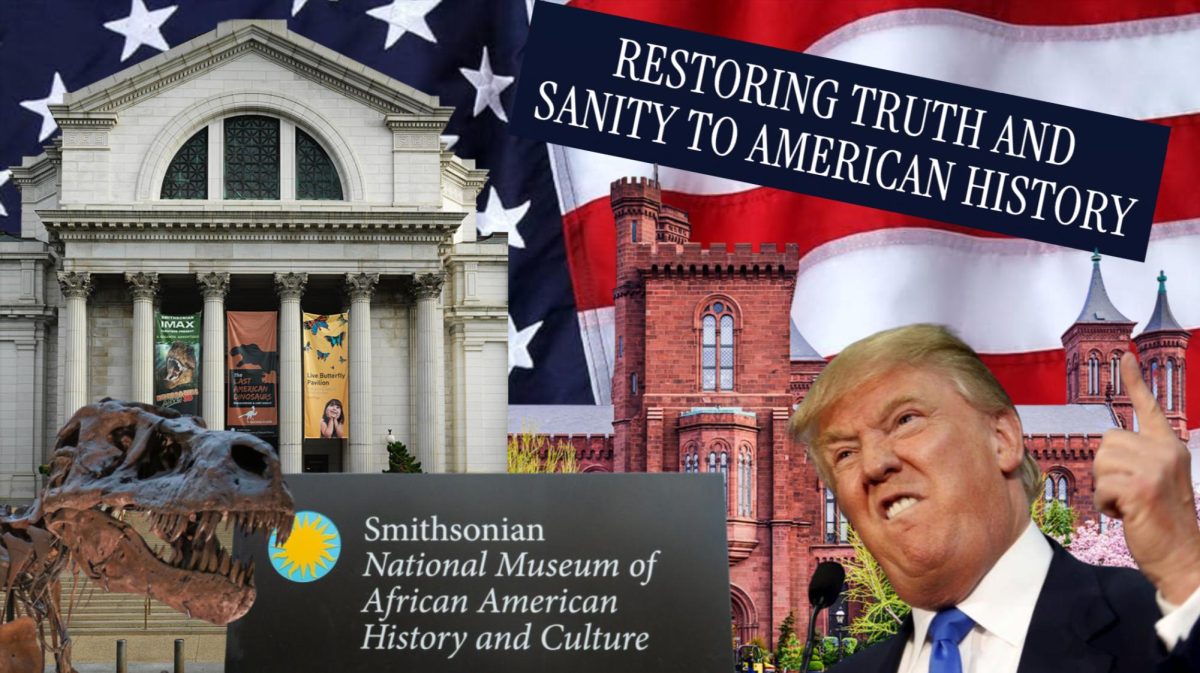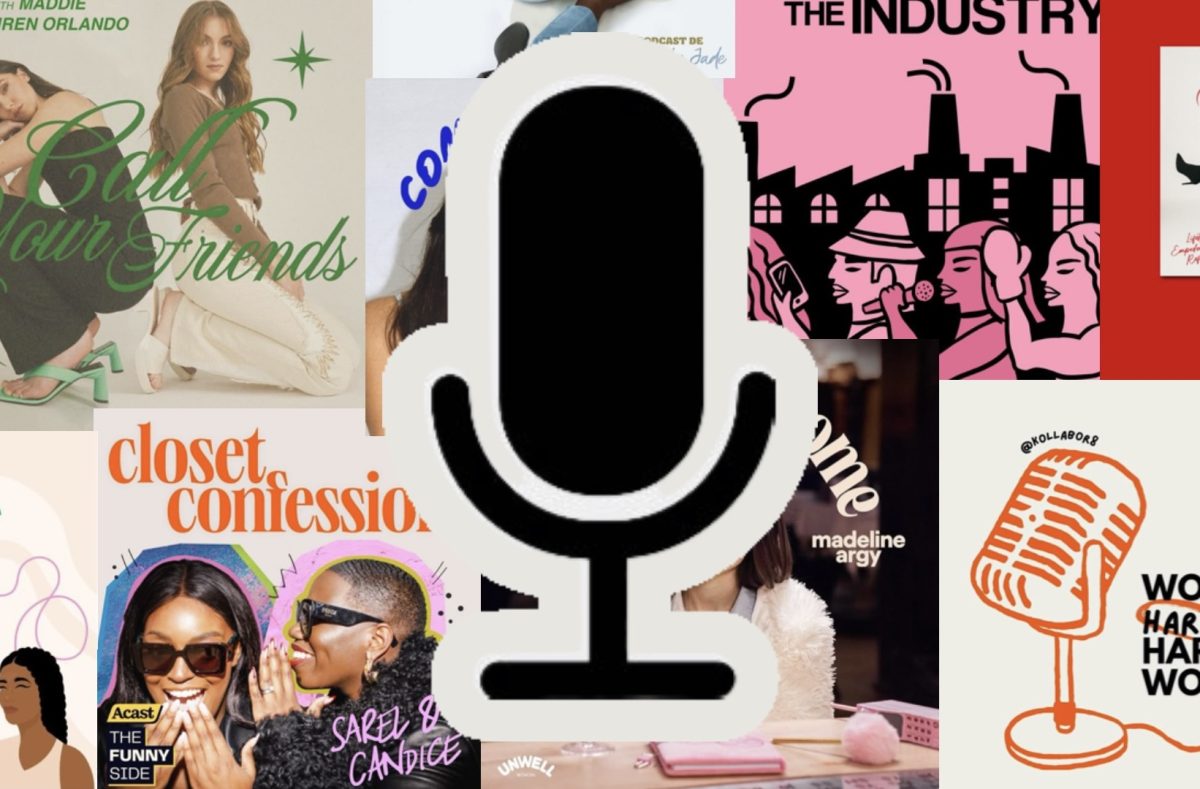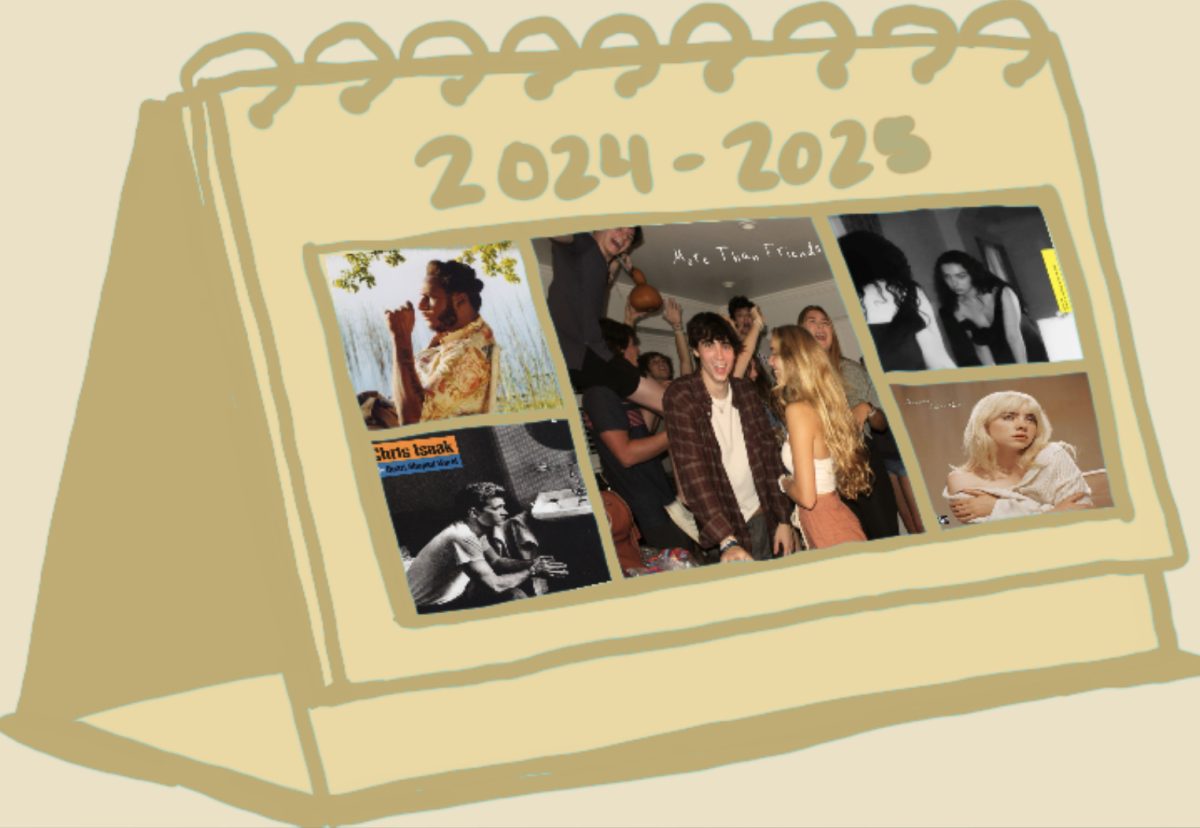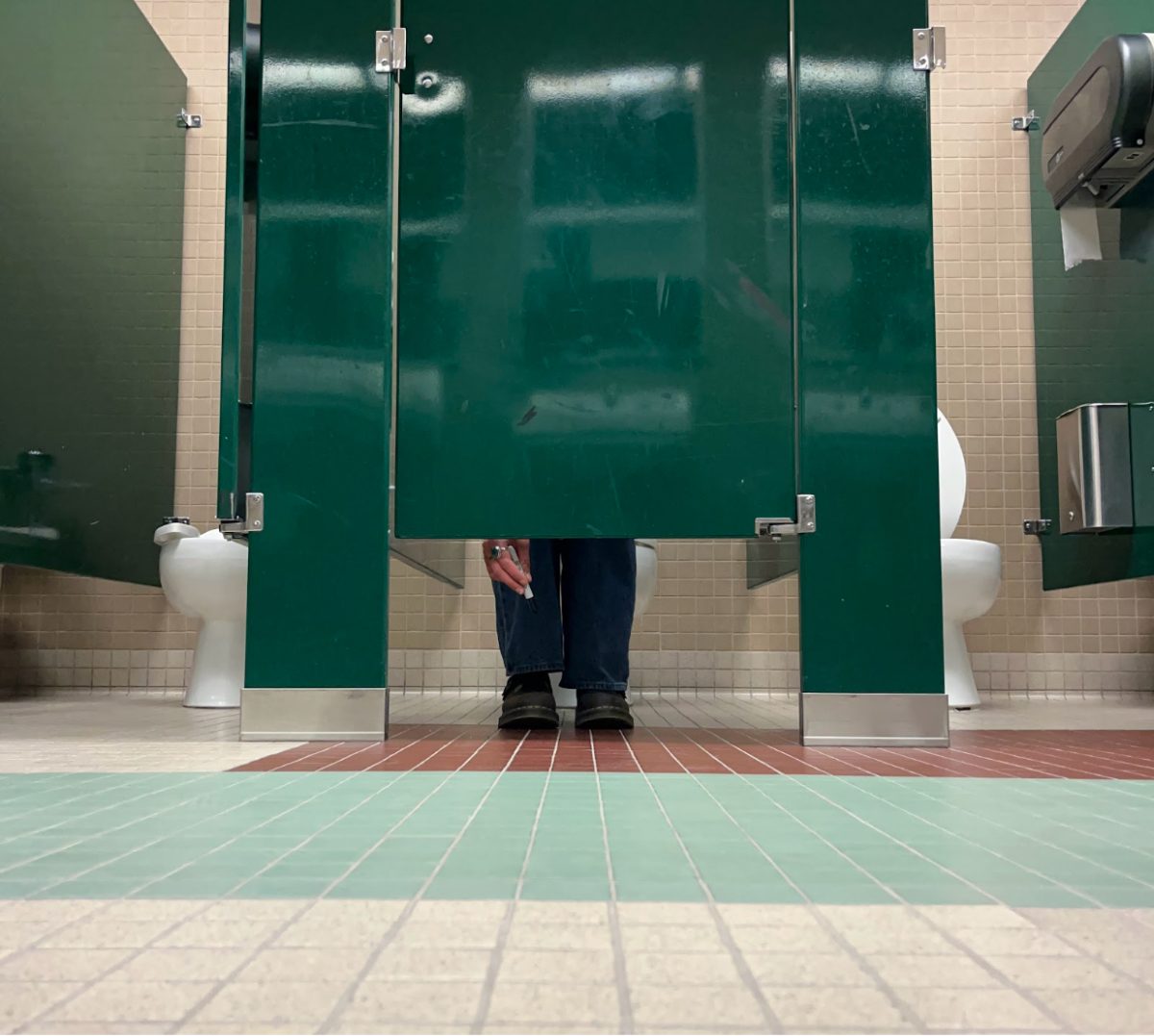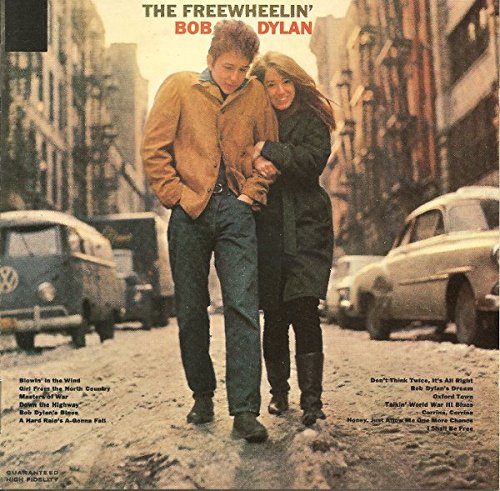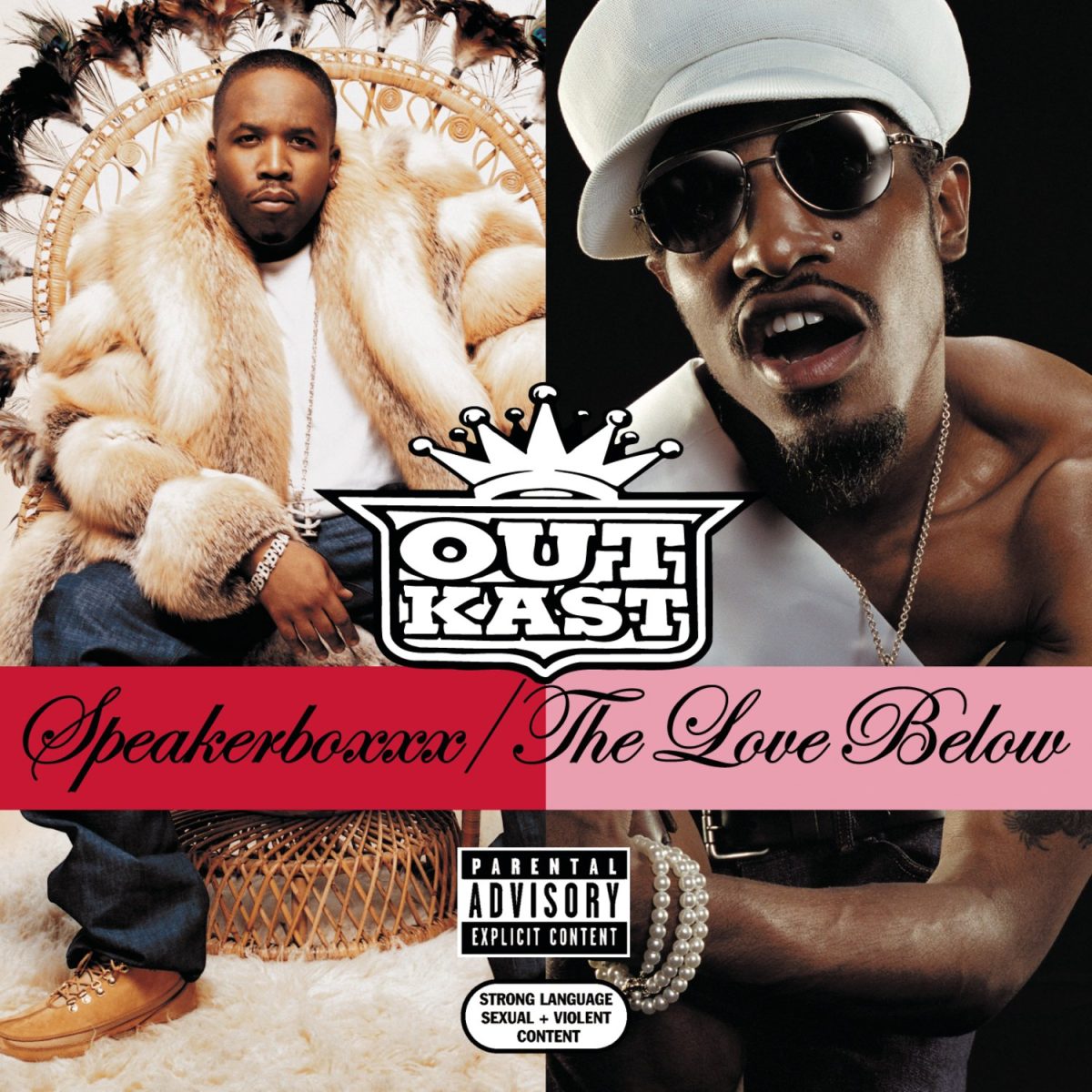Public speaking. Potent weed. Climate change. In the eyes of Wall Street Journal columnist Andy Kessler, the youth are consumed by a new pandemic—anxiety—and these issues are among the root causes.
Kessler’s recent article “Why Is Anxiety Rising?” attributes growing stress levels to a growing weakness in younger generations’ resilience. It’s now ever-present in all aspects of life, from work to relaxation. We are the generation of “participation trophies,” he writes. Unaccustomed to dealing with failure, our minds worry about choosing our words properly as not to offend, among others. Such “small” stressors lead us to treat anxiety as a metaphorical crutch, blaming every missed deadline and canceled plan on simply being worried.
Kessler is just one of many right-leaning media members seeking to critique every aspect of Millenial and Gen-Z culture. He implies that anxiety is something to be ashamed of, stating that it’s “blamed for everything” and takes too much precedence in today’s society. And his idea is not nearly an original one; right-leaning politicians have been harping on people for being pushovers who just aren’t cut out to deal with the trials and tribulations of the “real” world.
But as a member of the exact community he’s focusing on—American teens and young adults, especially those labeled “high-achieving”—I couldn’t disagree more with his concerns. Anxiety is just one item on the ever-growing laundry list of societal issues that many in the Republican party attribute to the COVID pandemic, TikTok and climate change concerns, among others. This feels like the same argument in a different font: we “youngsters” are too sensitive to face the real world’s issues.
But that’s the exact problem—life today simply isn’t the same as it used to be. The average house price in 2023 is $416,100, which has more than doubled in the past 20 years. In comparison, jobs for Americans with a college degree only earn an average of roughly $74,000 yearly. Adults without a college degree can expect to make somewhere from $15,000 to $25,000 less. With getting a degree becoming increasingly vital (bachelor’s degree holders earn 75% more than their high-school diploma counterparts), tuition prices are through the roof, however. Student loan debt in the US averages $40,000 per student. And to make matters worse, many higher education acceptance rates are at their lowest ever. From there, the drive to make it to a prestigious school increases, because that’s what ensures a steady future income.
So yes, we are concerned about our grades and SAT scores and what colleges we’ll go to. Kessler ridicules younger generations for trying too hard to get into top schools, but if we don’t, what should we expect our futures to look like?
Upon talking to my peers about their biggest stressors, the overwhelming answer was classes, homework and everything similar. And that’s another way in which Kessler is wrong: most high-school-aged young adults aren’t constantly focused on the lasting effects of the pandemic or his other reasons. We simply want to pass the next physics test, make it to sports practice on time and finish writing English essays.
Another reason Kessler cites for the anxiety spike is speaking in front of others, especially in educational settings. He’s partly referring to the “censorship” he believes permeates schools and colleges, where instructors will select their curriculum to avoid potentially controversial topics. But what’s the anxiety-inducer with that? My AP Psychology teacher did just this a few weeks ago, warning our class that some of the material talked about abuse and traumatic experiences. No one in my class seemed anxious whatsoever. Instead, knowing what exactly we were getting ourselves into was nice. Exposing people to sensitive topics will only make anxiety worse, after all, so why not give people the option to avoid that?
Kessler is also speaking about so-called cancel culture, where people supposedly hold their tongues and cower at the idea of insulting someone and then being ousted. But the thing is, we just don’t react like that. I’ve had classes where students have accidentally misgendered someone, and their reaction is far from extreme. Rather, small mistakes such as these act as learning opportunities for everyone, and spark important discussions (free from any lingering dislike.)
As for the ever-contested climate change issue, it seems like Kessler is fully blind to the facts, referring to it only in quotation marks. Evidently, he hasn’t realized that climate change truly IS something to focus mental energy on—every year, deforestation, wildfires and melting ice only continue to worsen—and how our generation channels nervousness into something productive. People under age 30 are far more likely to practice sustainable behaviors to care for the planet, a 2021 Science Daily study found. So much for complaining about anxiety and never doing anything to remedy it.
Most importantly, what’s the outright danger of recognizing anxiety? Victimhood, says Kessler, which is becoming increasingly present in our “oppression-obsessed” society. However, rather than dismissing it, it is important to consider the future implications of the anxiety we’ve all been experiencing. If the trend continues, it will only worsen in the future.














